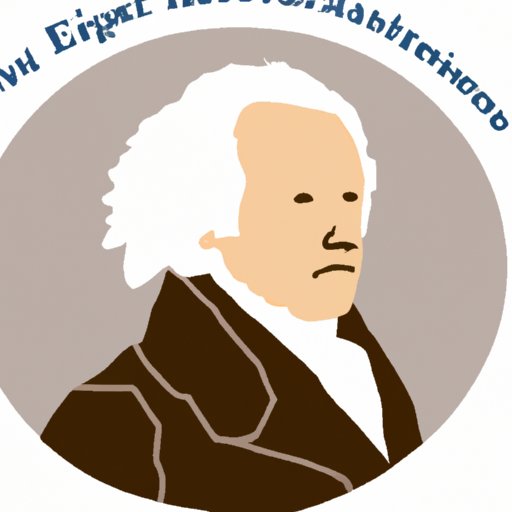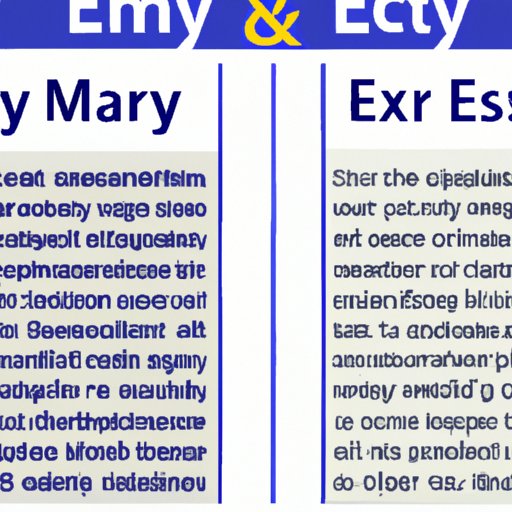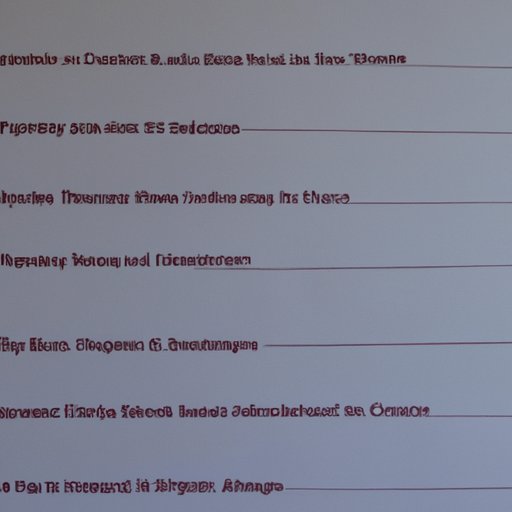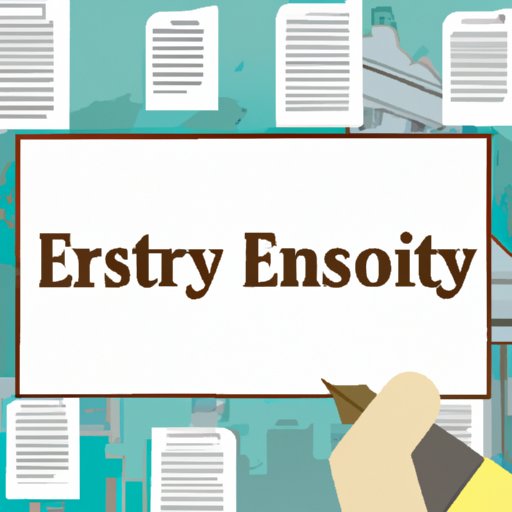Introduction
The essay has been around for centuries, but few people know who invented it. While there is no single answer to this question, there are several individuals who have had a significant impact on the development of the essay. This article will explore the history and impact of the essay, looking at the biographical profile of the inventor, a historical overview of the development of essays, an analysis of the impact of essays on education, a comparison between the original essay format and modern essay formats, an exploration of the literary and philosophical influences on the invention of essays, and an examination of how essays have evolved over time.

Biographical Profile of the Person Who Invented Essays
The person credited with inventing the essay is Michel de Montaigne. Born in 1533 in France, he was a philosopher and statesman who is considered one of the most influential writers of the French Renaissance. Montaigne studied law and was appointed as a magistrate in 1557, but he soon resigned to pursue his writing and philosophical interests. Montaigne wrote extensively on topics such as politics, religion, ethics, and philosophy, and it was during this period that he developed the essay form. He published the first edition of his work ‘Essays’ in 1580, which was a collection of short, informal pieces on various topics. His work was hugely influential and paved the way for the development of the modern essay.
A Historical Overview of the Development of Essays
The original essay format developed by Montaigne was a relatively simple one. It consisted of short, informal pieces on various topics written in a conversational style. Over time, however, the essay format became more structured and formalized. Writers began to incorporate more research and evidence into their essays, and the length of essays increased significantly. This shift in focus from informal conversations to more structured arguments and evidence-based writing had a profound impact on education. By providing students with the tools to construct well-reasoned arguments and support them with evidence, essays allowed students to develop critical thinking and communication skills that would be essential for success in higher education and beyond.
Analysis of the Impact of Essays on Education
The use of essays in education has had both positive and negative impacts. On the one hand, essays have provided students with the opportunity to develop critical thinking and communication skills that are essential for success in higher education and the workplace. Furthermore, essays can be used to assess student knowledge and understanding of a particular subject or topic. On the other hand, essays can be time consuming and difficult to grade, and they can be seen as intimidating and overwhelming for some students. The key is to find a balance between using essays to assess student knowledge and using other forms of assessment to provide a more holistic picture of student learning.

A Comparison Between the Original Essay Format and Modern Essay Formats
While the original essay format developed by Montaigne was relatively simple, modern essay formats have become much more complex. Today’s essays are often longer and more detailed than the original format, and they often require extensive research and evidence to support arguments. They also often include references to other sources and works, which can make them more challenging to write. However, modern essay formats also provide students with the opportunity to demonstrate their knowledge and understanding of a subject in greater depth, which can be beneficial for those seeking to pursue higher education.
An Exploration of the Literary and Philosophical Influences on the Invention of Essays
Montaigne was heavily influenced by the writings of classical authors such as Plato and Aristotle and the works of contemporary writers such as Erasmus. He was also influenced by the works of Italian humanists such as Petrarch and Boccaccio. These writers and thinkers helped shape Montaigne’s ideas about the essay form, which he then developed and refined over time. Montaigne’s work was particularly influential in the development of the modern essay, and his ideas can still be seen in many of today’s essays.

An Examination of How Essays Have Evolved Over Time
Since Montaigne’s initial invention of the essay, the form has evolved significantly. As mentioned earlier, modern essays are often longer and more detailed than the original format, and they often require extensive research and evidence to support arguments. Additionally, essays have become more specialized over time, with different types of essays being used for different purposes. For example, argumentative essays are often used to argue for or against a particular point of view, while persuasive essays are used to convince readers to take a certain action. Finally, essays have become more accessible, with more people than ever before having the opportunity to write essays thanks to the internet and other technology.
Conclusion
This article has explored the history and impact of the essay, looking at the biographical profile of the inventor, a historical overview of the development of essays, an analysis of the impact of essays on education, a comparison between the original essay format and modern essay formats, an exploration of the literary and philosophical influences on the invention of essays, and an examination of how essays have evolved over time. Understanding the history and impact of the essay is important for anyone interested in exploring the evolution of education and the role that essays have played in shaping the modern educational system.
(Note: Is this article not meeting your expectations? Do you have knowledge or insights to share? Unlock new opportunities and expand your reach by joining our authors team. Click Registration to join us and share your expertise with our readers.)
